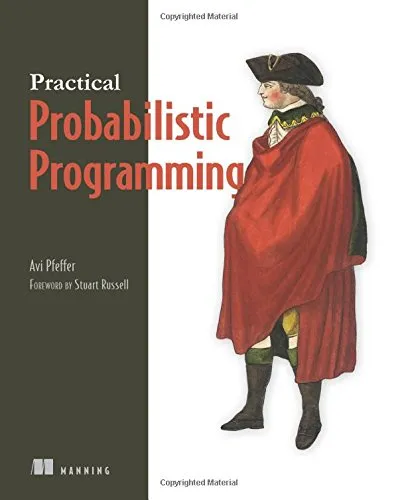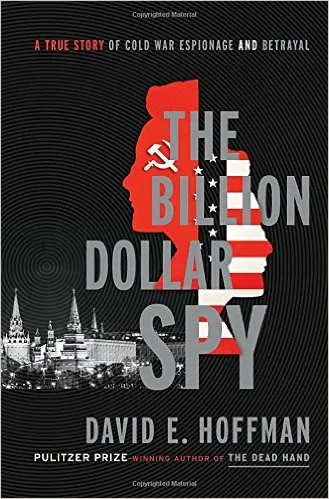Foresight in Organizations: Methods and Tools
4.3
Reviews from our users

You Can Ask your questions from this book's AI after Login
Each download or ask from book AI costs 2 points. To earn more free points, please visit the Points Guide Page and complete some valuable actions.Related Refrences:
Foresight for Organizations will acquaint the reader with various foresight methods and tools, to show the reader how these methods are used, what the pitfalls are and how the methods relate to each other. This innovative volume offers the reader the ability to carry out a study of the future by him- or herself and apply the results in a decision-making strategy process. The author addresses the following methods: scenarios, trend analysis, the Delphi method, quantitative trend extrapolation, technology assessment, backcasting and roadmapping; the most relevant and popular methods that also cover the range of approaches from predictive, via normative to explorative. Every chapter also contains references to additional literature about the methods being discussed. This book is essential reading for researchers, academics and students in the areas of Community Development, Sociology of organizations, Change management, Social entrepreneurship, Sustainable development and participative planning.
Free Direct Download
You Can Download this book after Login
Accessing books through legal platforms and public libraries not only supports the rights of authors and publishers but also contributes to the sustainability of reading culture. Before downloading, please take a moment to consider these options.
Find this book on other platforms:
WorldCat helps you find books in libraries worldwide.
See ratings, reviews, and discussions on Goodreads.
Find and buy rare or used books on AbeBooks.
1263
بازدید4.3
امتیاز0
نظر98%
رضایتReviews:
4.3
Based on 0 users review
Questions & Answers
Ask questions about this book or help others by answering
Please login to ask a question
No questions yet. Be the first to ask!

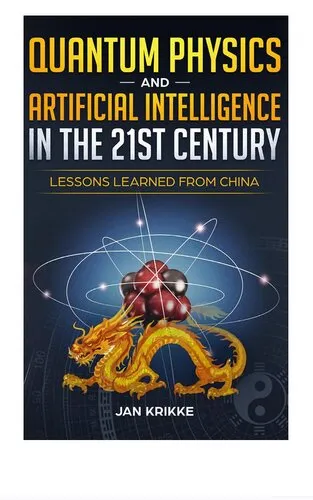
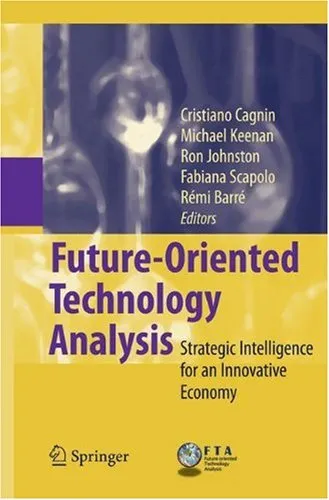
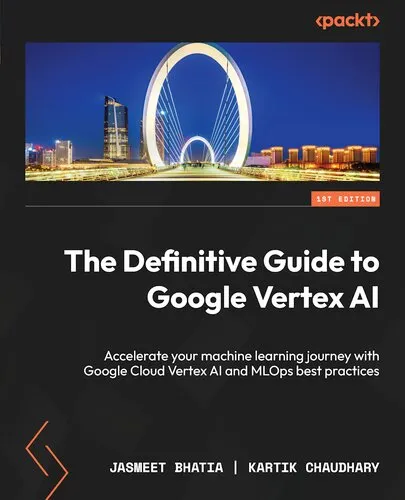
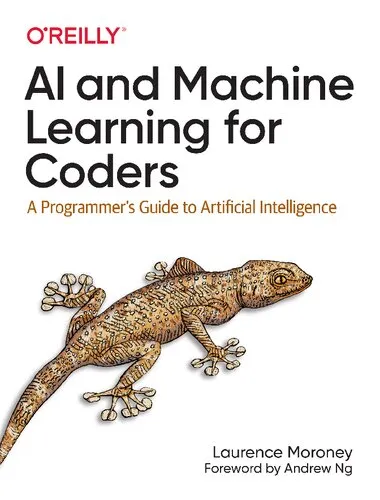
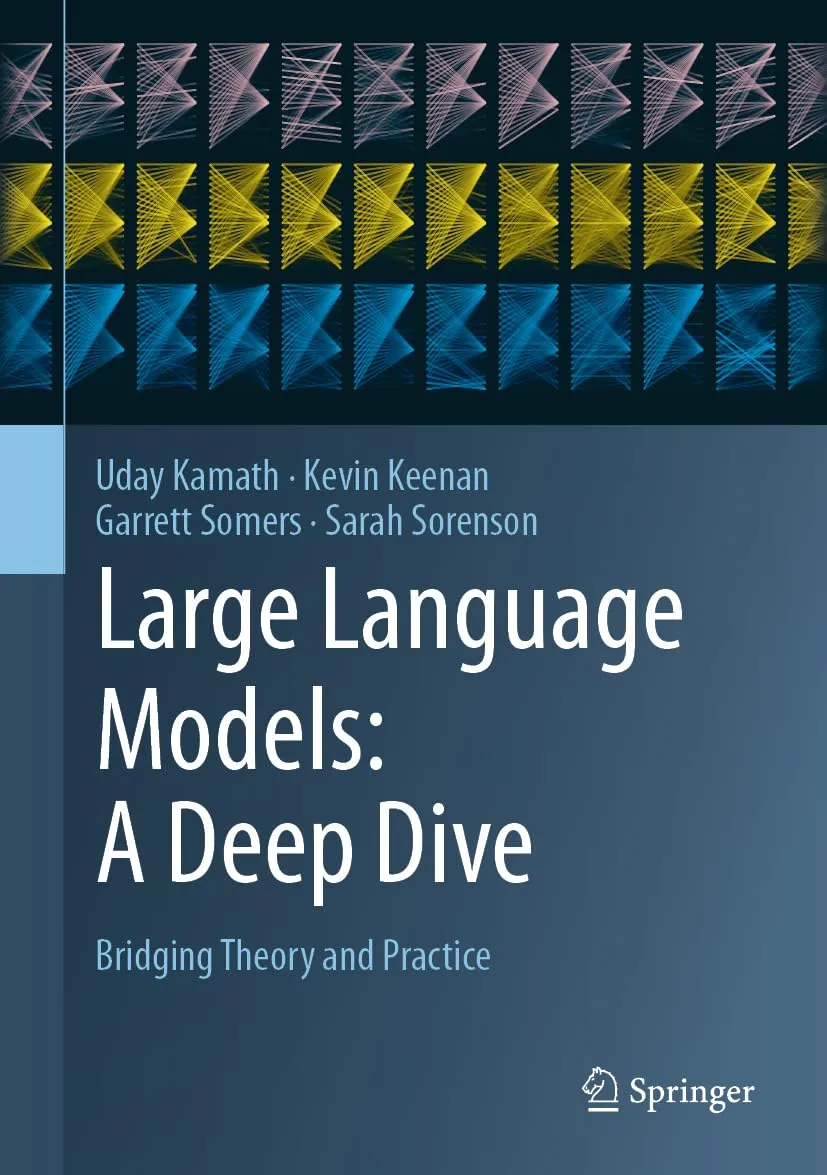

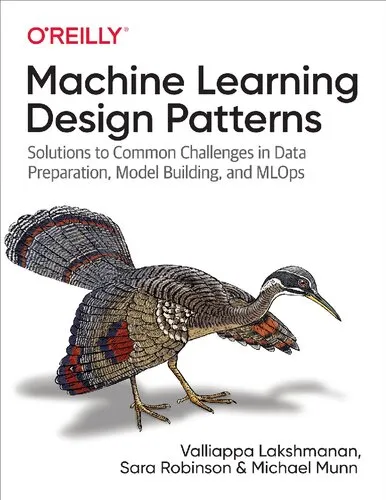
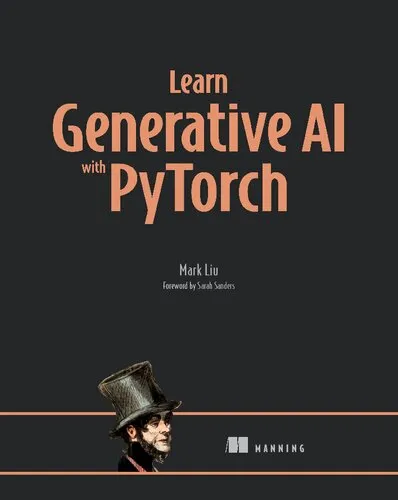
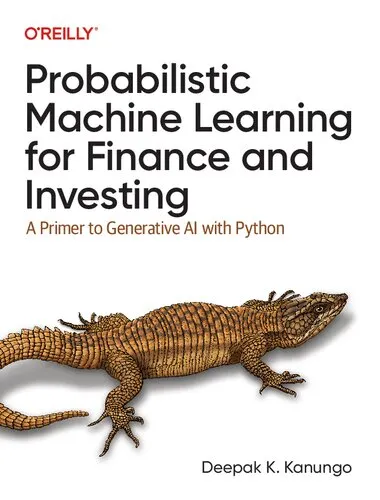

![Foundations of Machine Learning, Second Edition [2nd Ed] (Instructor Res. n. 1 of 3, Solution Manual, Solutions)](https://s3.refhub.ir/images/thumb/Foundations_of_Machine_Learning__Second_Editi_21039.webp)
